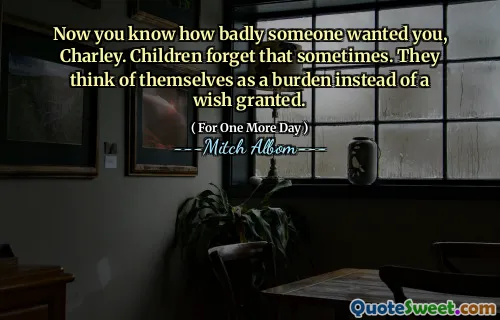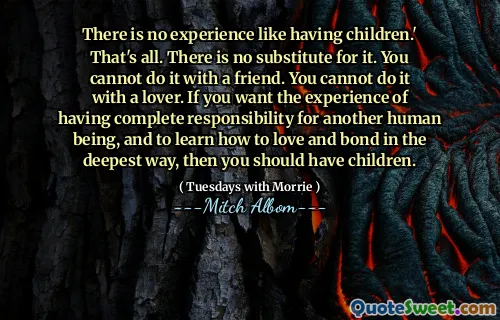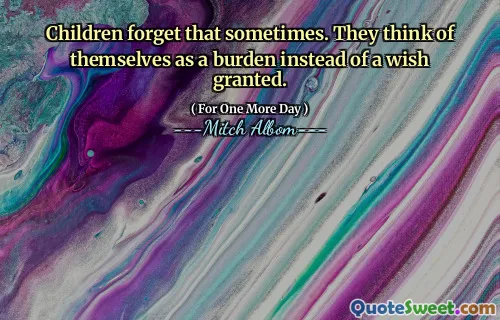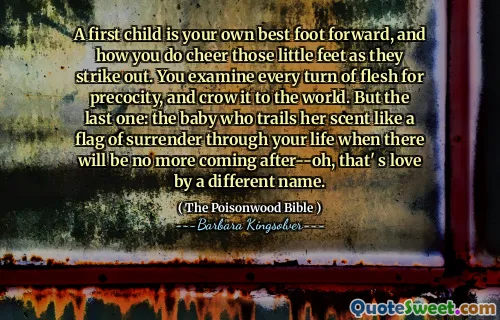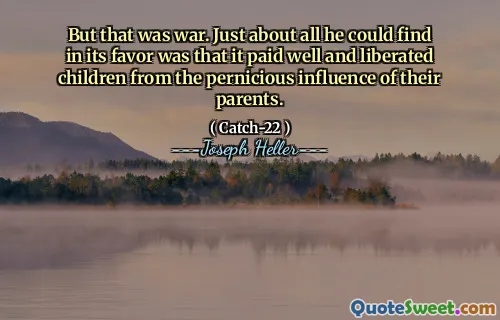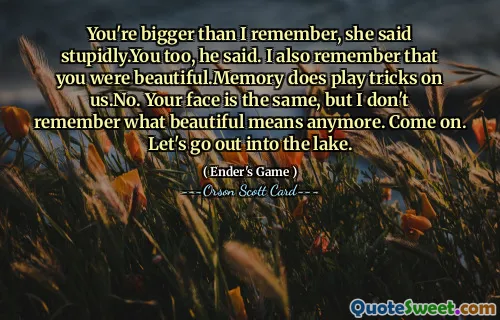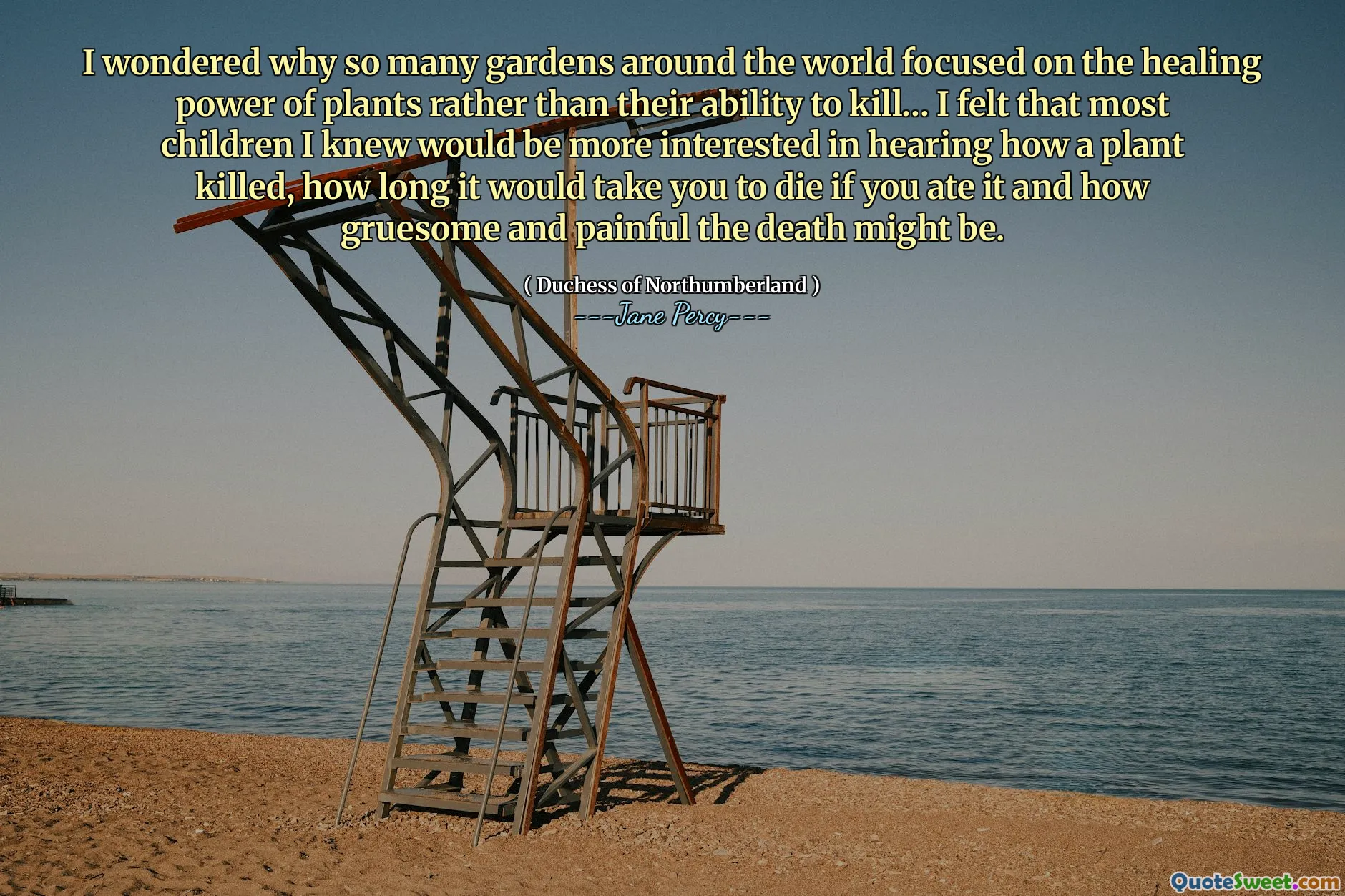
I wondered why so many gardens around the world focused on the healing power of plants rather than their ability to kill… I felt that most children I knew would be more interested in hearing how a plant killed, how long it would take you to die if you ate it and how gruesome and painful the death might be.
This quote offers a striking juxtaposition between the traditional educational focus on the medicinal benefits of plants and a more macabre curiosity that some might find more engaging—understanding the deadly potential of flora. It reflects on human nature, especially that of children, questioning why the often sensational and dark side of nature is less emphasized. Kids can be naturally drawn to the mysterious, the dangerous, and sometimes the taboo. The quote prompts us to reconsider how we approach teaching and storytelling about the natural world. Medically, plants are often the heroes, celebrated for their healing properties. Yet, many plants hold inherent risks with potent toxins, and these deadly traits have as much place in educational discourse as their benefits. There’s an underlying commentary here on the balance of knowledge—how knowing about danger is crucial for respect and caution, and how sensational storytelling can captivate and ignite curiosity. By highlighting children’s potential interest in the gruesome details of botanical poisonings, the quote nudges educators and storytellers to engage with different facets of nature. It insists that education isn't just about comforting narratives but also about confronting uncomfortable truths which can foster critical thinking, respect, and perhaps even fascination. It also touches on human psychology, exploring why we’re often captivated by mortality and danger. This quote, attributed to Jane Percy, Duchess of Northumberland, through its candid and somewhat provocative insight, challenges us to broaden the stories we tell about plants beyond their utility, embracing complexity within nature that captures the depth of human curiosity.

